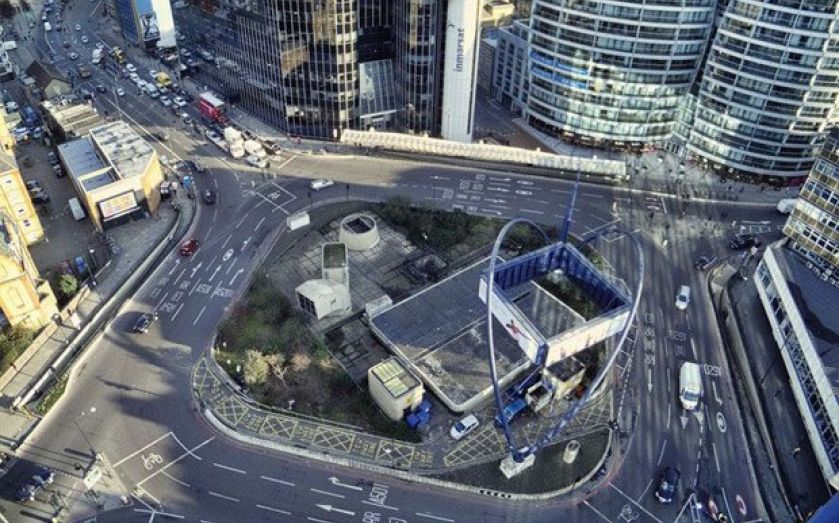BMW taps into London’s sharing economy: Who else is there? Airbnb, Uber and Zipcar

Earlier this month, it was revealed the sharing economy could net up to £9bn a year for the UK by 2025. The independent review, commissioned by the Department for Business, Innovation and Skills, also laid out a road-map to ensure the UK becomes a center for this growing scene.
Big businesses are eager to capitalise on Britain's burgeoning sharing economy. German manufacturer BMW will announce on Thursday the launch of its car sharing service DriveNow in London, according to the Financial Times. Customers will be able to pay per minute to collect, use and drop off vehicles from anywhere across the capital.
So how is London's sharing economy faring?
Airbnb
Airbnb, a spare room rental app, has been operating in London since 2008. The website has over 1000 rentals available in London, with prices ranging from around £10 to £1000 per night.
The Olympics prompted large numbers of Londoners to rent out spare rooms to tourists, also drawing attention to issues surrounding its legality.
London laws require landlords to apply for planning permission from the council to rent out their homes for less than three months or risk a fine of up to £20,000. However, the government is preparing legislation to sweep away this legislation in its forthcoming Deregulation Bill.
“We are changing these outrageous and archaic laws to give people the freedom to make the most of their assets. The world has changed and the law needs to keep up. Renting out your home can earn you an average of £3,000 each year which is hardly small change and it's a good route to self-employment,” business minister Matthew Hancock told City A.M. earlier this year.
One Fine Stay
One Fine Stay, which lets users book upmarket holiday homes online, will also benefit from the government's bid to quash outdated laws banning short-term rentals in the capital.
Its homes and apartments tend to go for around £250 per night.
Uber
This summer London's iconic black cabs brought the city's streets to a standstill when they protested over the introduction of Uber, an app that connects commuters with self-employed taxi drivers.
The London Taxi Drivers Association (LTDA) has argued Uber is illegal because its drivers use an app which works like a taxi meter, and an old law says this is something only blacks cabs can use. It has launched legal action which recently cleared the magistrates court and is now on its way up to the High Court.
Transport for London (TfL) has launched a separate action asking the High Court to determine the legality of Uber. As far as TfL is concerned, Uber is acting within the law by using an app to calculate fares based on the time and distance travelled.
Zipcar
Zipcar, which has been operating in London for more than 10 years, is a car sharing service that lets users book a vehicle online for a monthly fee. They unlock it using a phone app or membership card and return it to the parking space before their time is up.
It wants the government to classify its business as a form of public transport, thus making it exempt from VAT charges. It says London is lagging behind other European cities, which are embracing car clubs by merging them with their official transport systems.
TaskRabbit
TaskRabbit is an online service that lets users outsource various tasks to volunteers who will come and do them for you.
The company, which started in the US, made its first international expansion into London last year. Last month, it revealed plans to expand out of London and into nearby commuter towns such as St Albans, Reading, Guildford and Brighton.
In early 2015, it also plans to roll out the service to cities including Dublin, Edinburgh and Manchester.